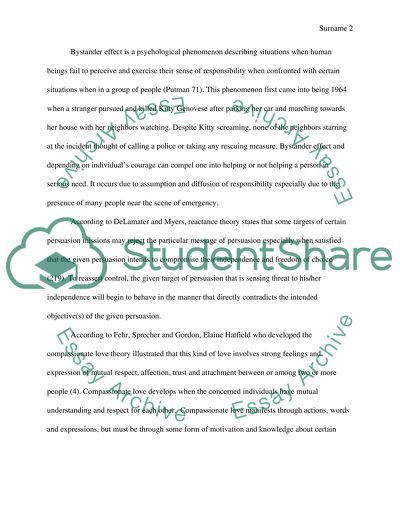Cite this document
(“Applying Psychology terms to direct experience Essay”, n.d.)
Applying Psychology terms to direct experience Essay. Retrieved from https://studentshare.org/psychology/1473747-applying-psychology-terms-to-direct-experience
Applying Psychology terms to direct experience Essay. Retrieved from https://studentshare.org/psychology/1473747-applying-psychology-terms-to-direct-experience
(Applying Psychology Terms to Direct Experience Essay)
Applying Psychology Terms to Direct Experience Essay. https://studentshare.org/psychology/1473747-applying-psychology-terms-to-direct-experience.
Applying Psychology Terms to Direct Experience Essay. https://studentshare.org/psychology/1473747-applying-psychology-terms-to-direct-experience.
“Applying Psychology Terms to Direct Experience Essay”, n.d. https://studentshare.org/psychology/1473747-applying-psychology-terms-to-direct-experience.


